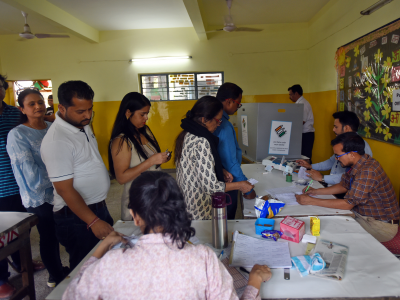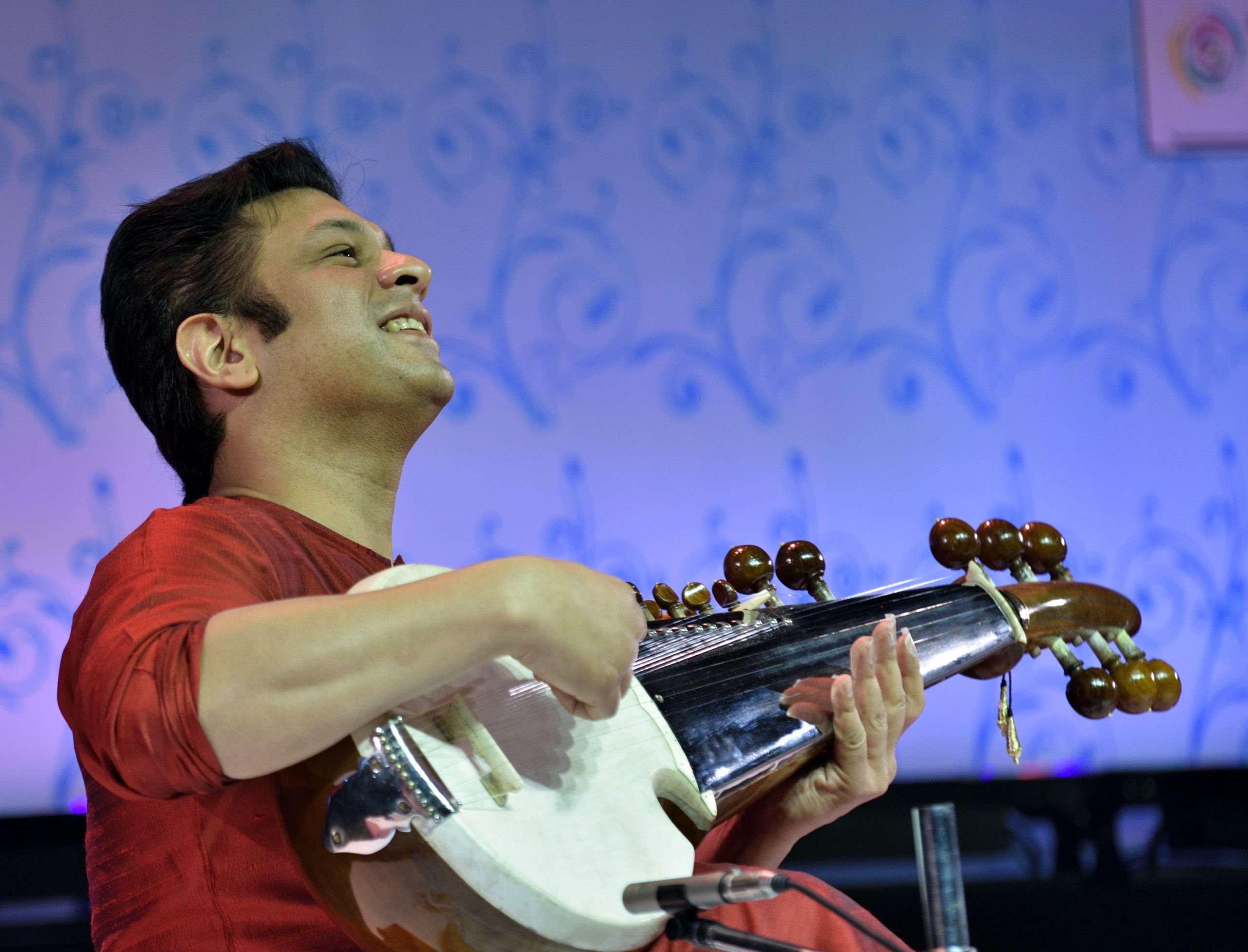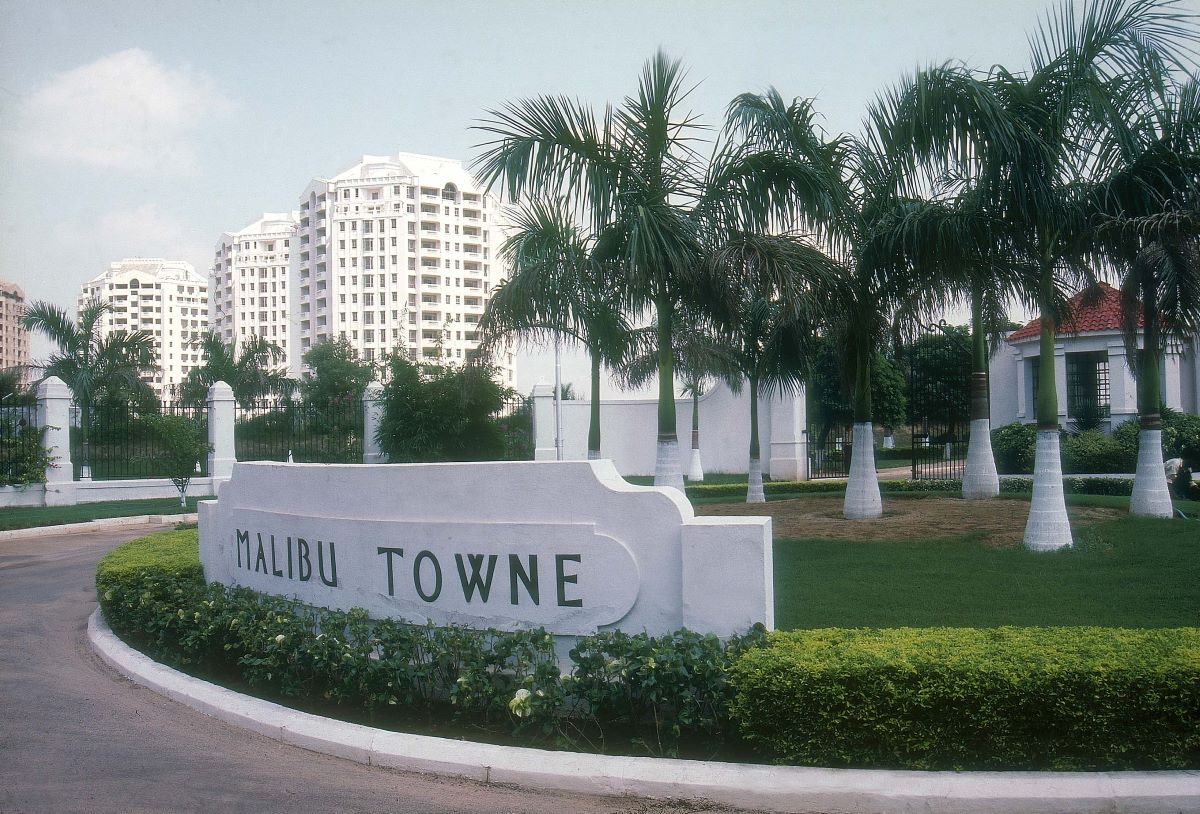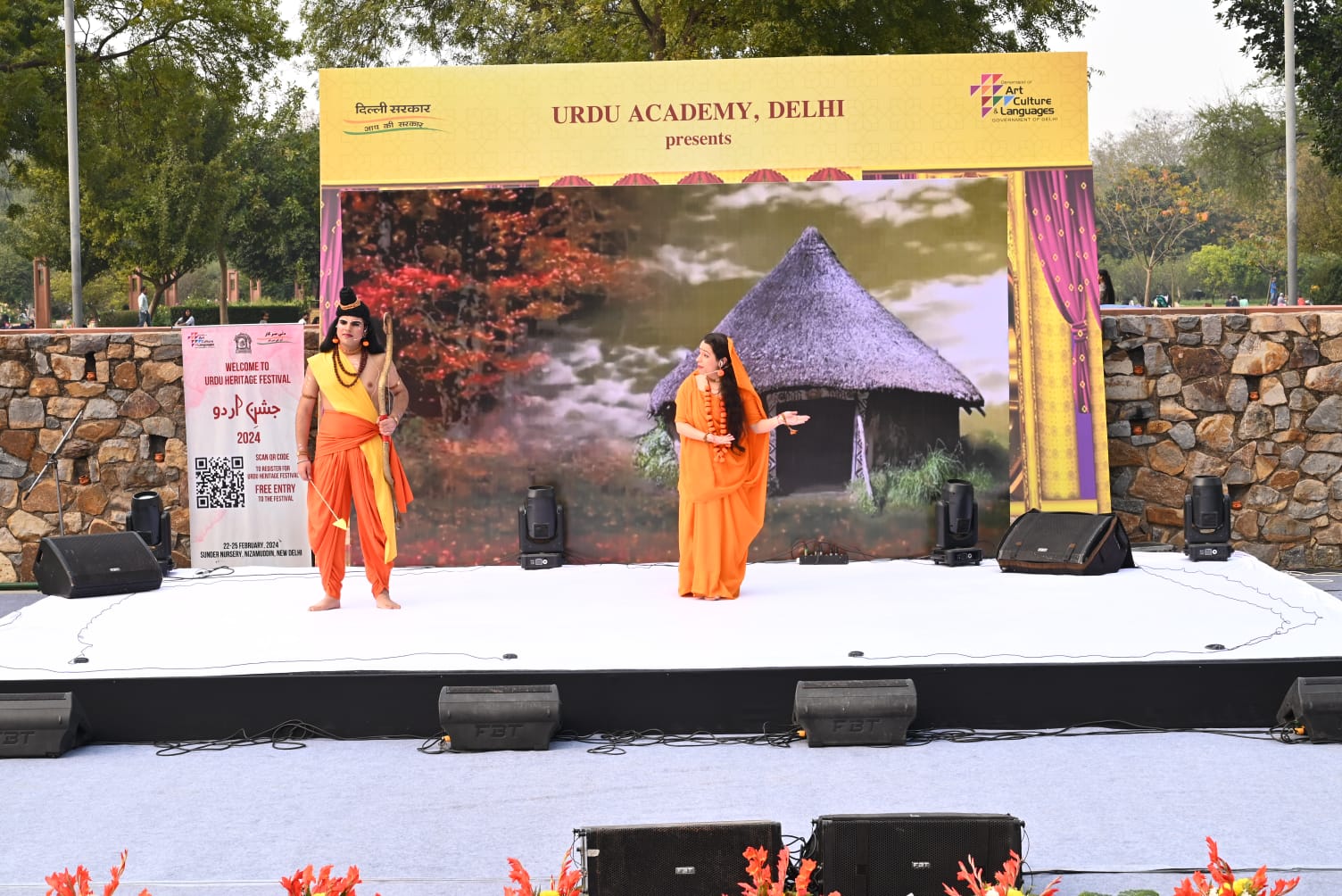After marriage, food is now being dragged into the gambit of communal politics
A good part of the weekend was spent doing a mini-survey, calls were made to various food chains–MNCs like McDonald’s, KFC, Pizza Hut, even the Indian chains, on the pretext of ordering food. The common inquiry was whether you serve Halal or Jhatka meat? Some of them were unaware of the factual position, some unsure, very few had an answer.
They were suspicious of the question itself. Some tried to explain that food is hygienic and ingredients are sourced from government certified poultry farms and are safe to consume. A KFC representative, while taking orders, confirmed that their product is safe from Bird Flu, and said in a rather puzzled way, “No one asks this question (halal or jhatka). Please check our website” before disconnecting the phone.
Random consumers were also spoken to, a dozen of them to be precise, three of them Muslims. They frequently order food and are from the middle-income families, reside in high-rise apartments in Noida or independent houses and DDA flats in South Delhi.
They seemed unconcerned, both Muslims and Hindu, about this question when it comes to ordering food. This is not a big enough sample size to reflect public opinion on this issue but one can safely conclude that Delhi-NCR has acquired a metropolis character with increasing numbers of people trying cuisines from various parts of the world.
This classification of halal and jhatka is in the news as the BJP-run South Delhi Municipal Corporation (SDMC) made it mandatory for the restaurant and other eateries to “display clearly and visibly” that the meat sold or served is halal or jhatka. Just to inform a commonly known fact, halal refers to the practice of culling animals for meat by snapping the jugular vein and the blood is allowed to drain out; this is believed to be a beneficial and healthy practice as per Sharia, or Islamic law. Non-Muslims use jhatka that involves killing animals by severing the neck at one go. Hindus are critical of halal, calling it a cruel and painful way to end the life of an animal. SDMC notification would be applicable in Defence Colony, Amar Colony, South Extension, and INA amongst other places in South Delhi.
But the food sector has to keep the economic imperative in mind: Using jhatka meat in eateries is a sure way to lose Muslim customers. That’s why many restaurants and eateries display the halal certificate, even those run by Hindus. The three leading halal certification authorities in India are Halal India Pvt Ltd, Halal Certification Services India and Jamiat Ulama-e-Hind.
For a long time, the butcher shops have indicated the way animals are culled in their shops. Both Hindus and Muslims buy from the halal shops but no Muslim will buy jhatka meat due to the religious prohibition.
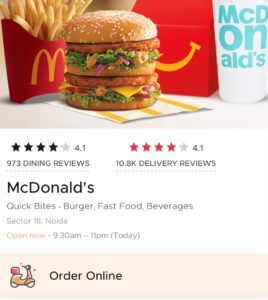
For this reason, not just individual restaurants but also multinational chains like McDonald’s have made their position very clear. In August 2019, McDonald’s India tweeted a statement, “All our restaurants have Halal certificates. You can ask the respective restaurant managers to show you the certificate for your satisfaction and confirmation.” Further, it was clarified, the meat McDonald’s “use, across our restaurants, is of the highest quality and is sourced from government approved suppliers who are HACCP certified.”
This clarification was criticised, and there was a fair bit of backlash on social media, that McDonald’s was not pandering to the sentiments of the majority of Indians who are non-Muslims. A member of the McDonald’s media team explained to Patriot that the company does not want to comment on this issue as they have already made their position very clear. But he explained that McDonald’s takes care of the religious sentiments of the host country. Therefore, in India, their menu neither includes beef or pork, as is the case in other countries.
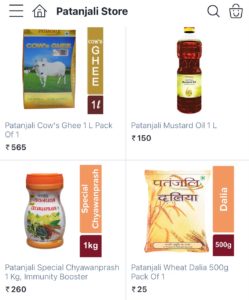
In 2019, around the same time as McDonald’s made its position clear, Zomato took an honourable stand, when it emphasised that “food doesn’t have any religion.” This was in response to a customer who declined to accept food being delivered by a Muslim. Also, the customer in question had not specified that he will only take delivery from a non-Muslim for such an option, thankfully so, is not offered. Zomato was praised for taking a constitutionally consistent stand, but there were others who tried to paint a different picture. The contrarian view that found many supporters on social networking sites was that Zomato was using religion as a publicity stunt. Perhaps Zero Contact Delivery by McDonald’s, Dominos during the pandemic also serves another function.
Muslims are an integral and important part of the great Indian market for various food products and eatables. Even Baba Ramdev’s multibillion-dollar company Patanjali needs it. Last year in May, the Jamiat Ulema-e-Hind, on behalf of its Halal Trust issued a ‘Halal Certificate’ to Baba Ramdev’s Patanjali products.
There was a furore and Maulana Mahmood Madani, the general secretary of the Jamiat, was criticised by the Ulema Council of Muslims. They were suspicious of Jamiat’s true intentions behind the move. Madani is known to have a good relationship with Baba Ramdev. No one has ever questioned Baba Ramdev as to why he needs halal certification.


